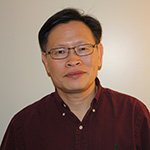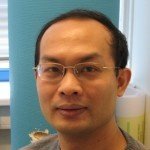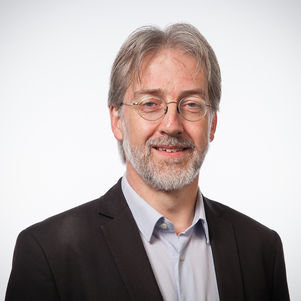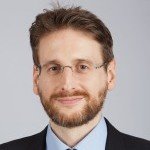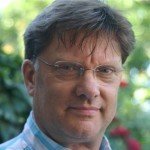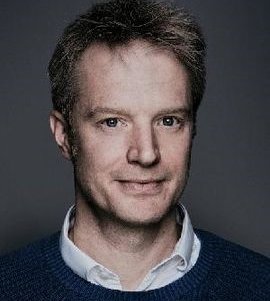Spaceflight serves scientific, economic and societal needs. The TU Delft Space Institute contributes to the space sector with ground-breaking research. And since the proof of the pudding is in the eating, the institute demonstrates new techniques on missions in space. “Miniaturization is reshaping spaceflight”, says Eberhard Gill, director of TU Delft Space Institute. “By doing innovative interdisciplinary research our institute contributes to renewing spaceflight.”
Sensing from Space, Distributed Space Systems and Space Robotics are the three focal themes of TU Delft Space Institute.
Privilege
The TU Delft Space Institute is an open institute. The scientists collaborate with partners both from within and outside university. The research institute was founded in 2015. It is part of Delft University of Technology. Director Eberhard Gill: “It is a privilege to bundle the creative energy of all those great scientists, who do space research at TU Delft.”
The mission of the TU Delft Space Institute is to bundle and create expertise on Space for local, regional and global impact on research, education and valorization. Our vision is to contribute to ground-breaking solutions to the Space sector to serve scientific, economic and societal needs.
Objectives
The TU Delft Space Institute shall:
- stimulate and jointly develop and conduct ground-breaking research on Space,
- jointly demonstrate innovative systems in Space and realize valorization opportunities with Space and non-Space partners, and
- increase the visibility and impact of Space expertise and activities at Delft University of Technology as a whole
- stimulate and further develop education on Space.
The TU Delft Space Institute wants to be an open institute in facilitating internally and externally spin-in and spin-out with domains other than Space.
Structure
The TU Delft institute is headed by the Institute board (see below) which is composed of the six theme leaders and the director. The Institute Board comprises the theme leaders and representatives from the five faculties and will meet quarterly to discuss and decide on operational and strategic topics. The director reports to the Steering Board which is composed by the deans of the five faculties and a member of the TU Delft Executive Board. The director and institute board are supported by the institute secretary and advised by the Advisory board.
Institute Board
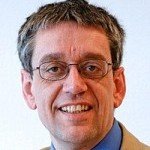
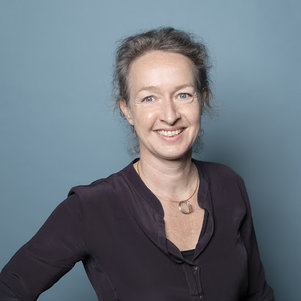
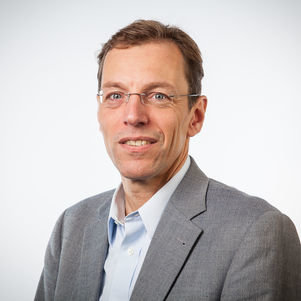
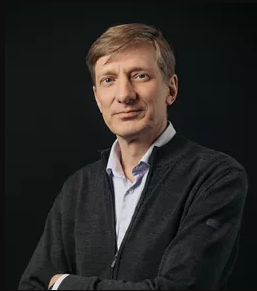
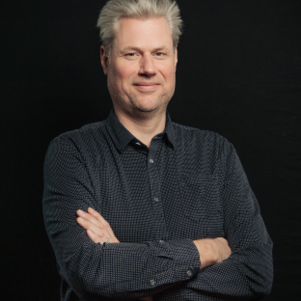

Theme Leaders
